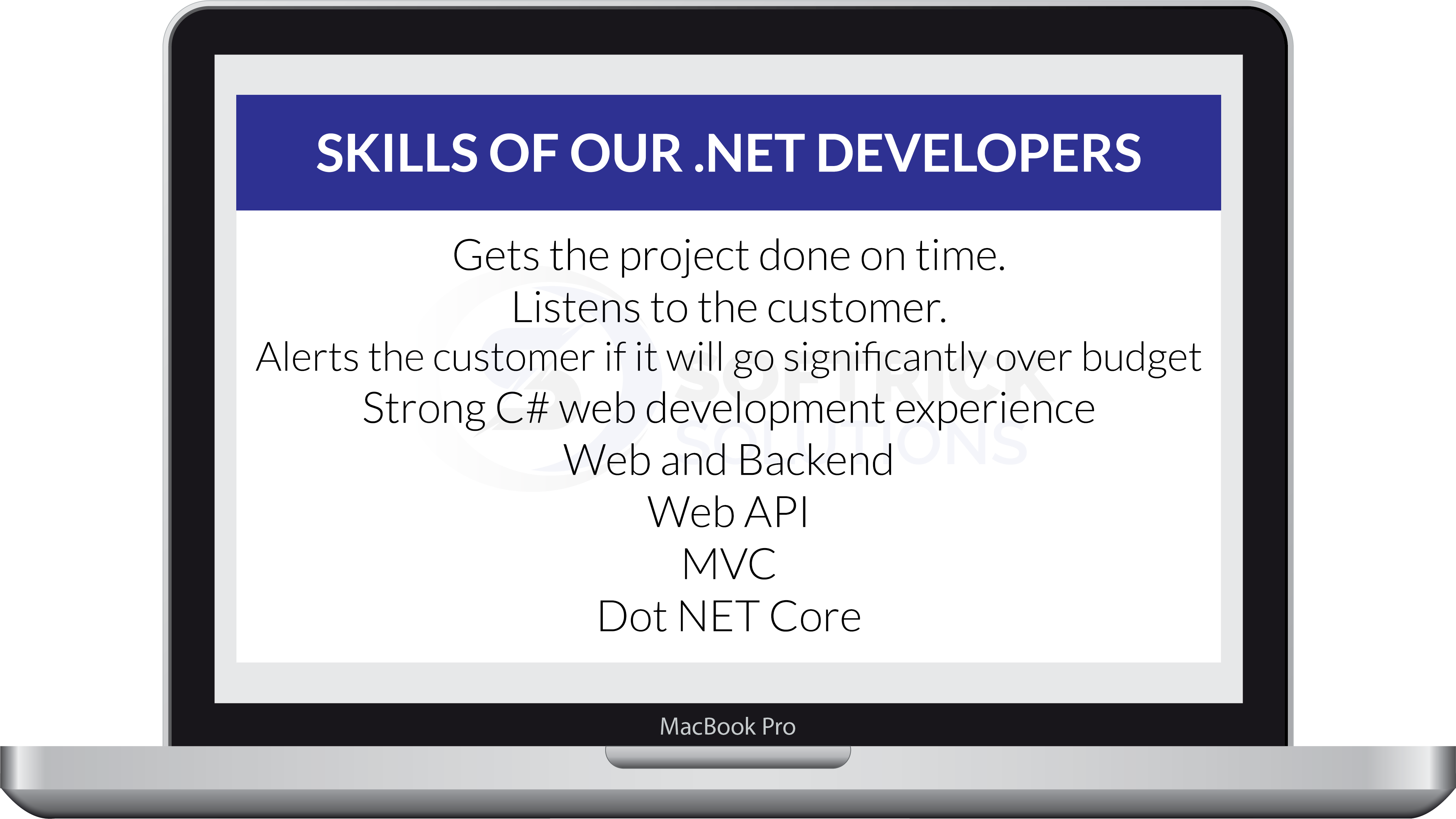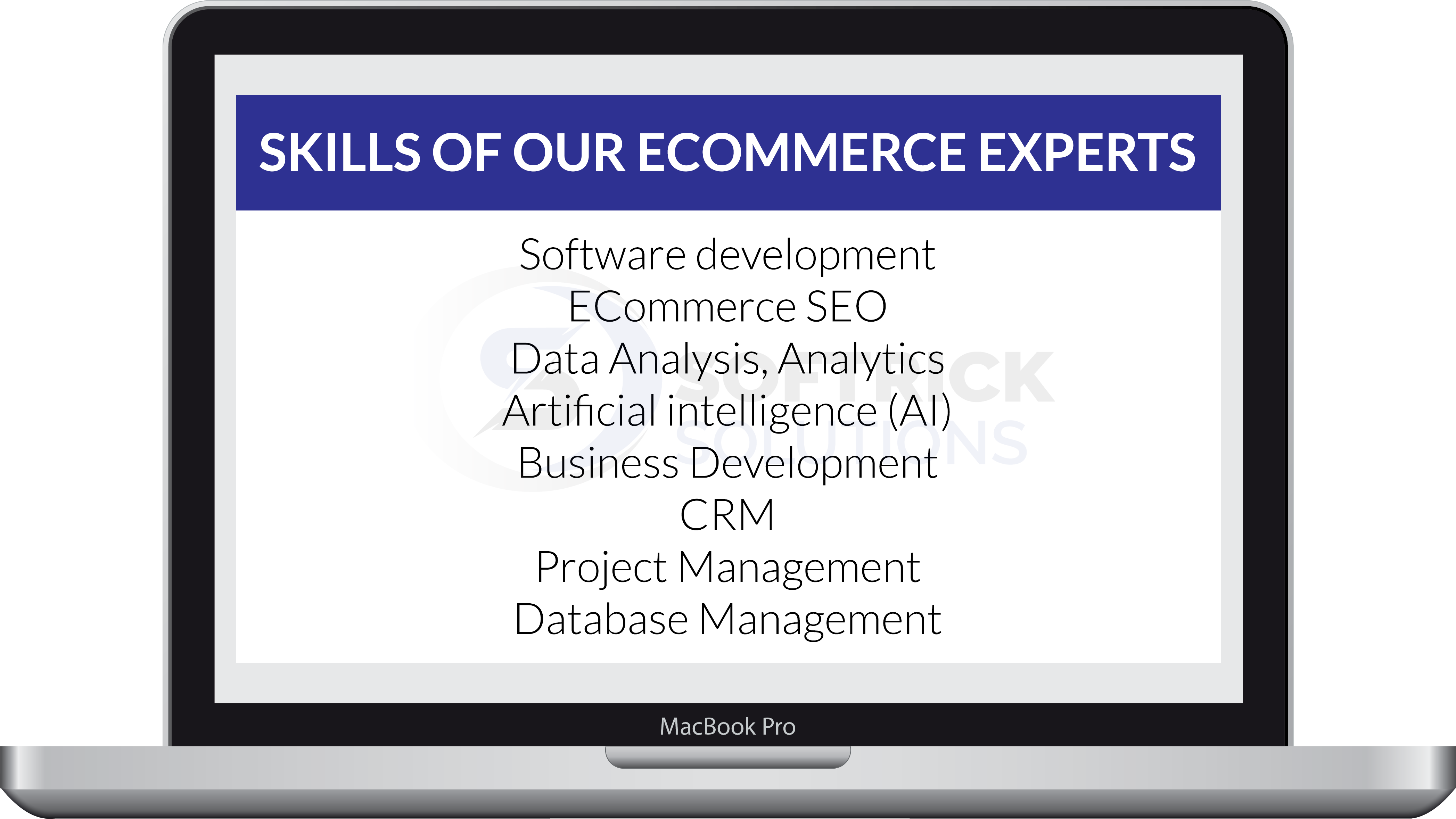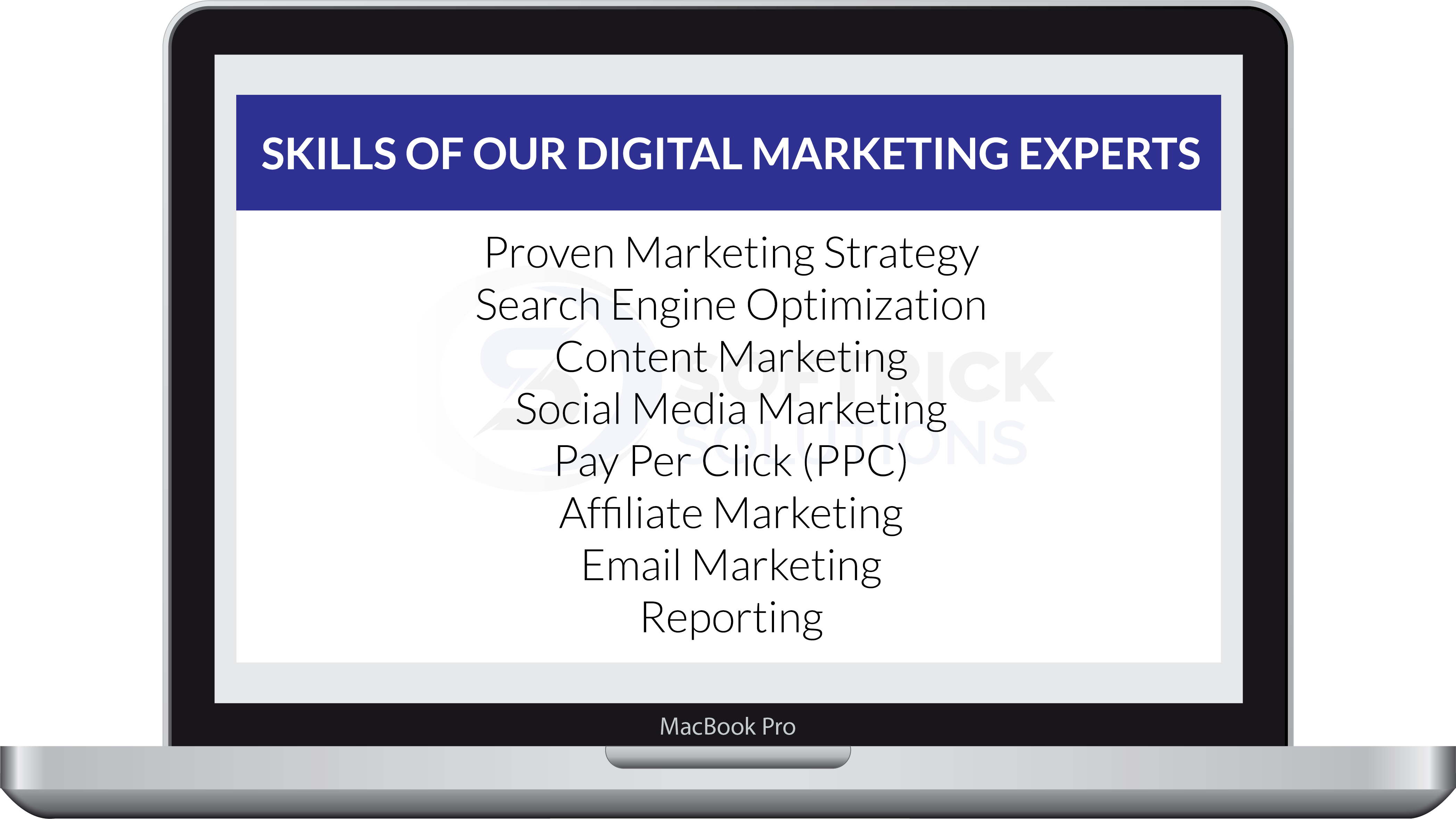Every organization should embrace digital transformation in light of the growing excitement surrounding tech solutions, social media marketing and their benefits. Before we delve farther into this topic, let’s define this phrase. It’s a method of introducing new technologies into your business operations in order to simplify them for better results and a higher return on investment. You can easily get this done by hiring a web development agency. Softrick Solutions is here for this.
Receiving the hoped-for benefits of the digital revolution sounds appealing. However, getting to such benefits is not straightforward. What this means is that you will face several challenges during the process.
We’ll discuss the obstacles of digital transformation as well as potential solutions.
1. A well-defined strategy
Digital transformation is a difficult task in and of itself. If you don’t know where to start and how to apply it, you’ll face a number of difficulties. The primary difficulty you must address is developing a clear strategy for connecting your organization with digital technologies. A company should first develop a digital strategy that outlines the use of digital media, as well as their execution and implementation.
This plan should spell out the business goals that must be met as a result of the digital transformation. Last but not least, collaborating with an IT outsourcing firm can assist you in developing a holistic strategy.
2. Stakeholders’ Consensus
Another issue with digital transformation is the lack of input or agreement from stakeholders. This includes all tiers of your organization’s employees. They are the ones who are constantly confronted with these technical advantages. In this situation, their voice and opinion are equally important.
Obtaining the willingness of stakeholders is, without a question, a difficult task. As a result, some people will be opposed to the change. You must explain the significance of the digital revolution as well as the significant benefits that implementing such technology would bring to a firm.
3. A lack of focus
The word “direction” refers to the guidelines that must be followed in order to complete an activity. Indeed, implementing digital change in a business demands leadership at all phases. Managers and executives, as well as other organizational representatives, should take a proactive approach. In times of necessity, they must lead and provide proper directions to their subordinates.
This comprehensive information will serve as motivation. It will continue to persuade employees to stay on track and work professionally. If there are any uncertainties or concerns with the personnel, they should be removed.
4. Digital Tool Selection
So far, this problem has been intrusive, and it should be approached with caution. There are a number of digital sellers who heavily promote their products and services. It will be challenging to choose the best tool among so many alternatives. Prepare a checklist of your company’s requirements for this. This will make finding the system you’re looking for much easier.
5. Change-Resistant Attitude
Change management is a term that can be used to describe digital transformation. The importance of leaders is especially important in this situation. To ensure a seamless implementation process in the organization, they must have a change-oriented mentality. In order for a company to be prosperous, it needs transformational and charismatic executives.
6. Keep up with the latest digital trends
On one hand, achieving digital transformation is difficult, and on the other, keeping up with it is a challenge. When you start using digital technologies, your journey doesn’t end there. Technology is always one step ahead of the curve and changing trends.
You must keep up with such developments. You can add more tools and plugins to keep up with digital trends and earn the label of “digital organization” for your company.
What Is Keyword Research methodology and How Does It Work?
SEO keywords strategy or Keyword research is the process of locating and evaluating search phrases that people enter into search engines with the intention of utilizing the information for a specific purpose, such as SEO or general marketing. Keyword research can reveal queries to target, as well as their popularity, ranking difficulty, and more.
What Is the Importance of Keyword Research in digital marketing services?
Keyword research may tell you a lot about what your target audience is searching for on Google. The information you acquire from these real-world search terms can help you improve your content strategy as well as your entire marketing approach. Keywords, on the other hand, may not be as vital to SEO as you believe.
We’re hearing more and more about how much SEO services has changed in the last ten years, and how unimportant keywords have become to our ability to rank highly for the searches consumers conduct on a daily basis.
To some extent, this is correct; in the viewpoint of an SEO practitioner, utilizing keywords that exactly match a person’s search is no longer the most essential ranking element. Rather, it’s about the keyword’s intent and whether or not a piece of content fulfils that intent.
Keyword research reveals what topics people are interested in and, provided you use the correct SEO tool, how popular those topics are with your target audience. The key word here is subjects: you may identify and classify your content into topics that you wish to publish content on by researching keywords that receive a high volume of monthly searches. Then, based on these subjects, you may decide which keywords to search for and target.
How to Locate and Select Keywords for Your Site
Now that you have a general concept of the keywords you want to rank for, it’s important to narrow down your list to the ones that would work best for your plan. Here’s how to do it:
You must curate keywords for three factors before choosing keywords and expecting your content to rank for them:
1. Applicability
Google assigns a value to material based on its relevancy. Only if your content matches the needs of the searchers will it rank for that term.
2. Supremacy
Sources that Google considers authoritative will be given more weight. That means you must do everything possible to establish yourself as an authoritative source by adding useful, educational content to your site and promoting it to get social signals and backlinks.
3. Quantity
You may rank on the first page for a term, but if no one ever searches for it, your site will not receive any traffic.
Related Article Avail the Services of the Best Web Development Agency! Click Here























